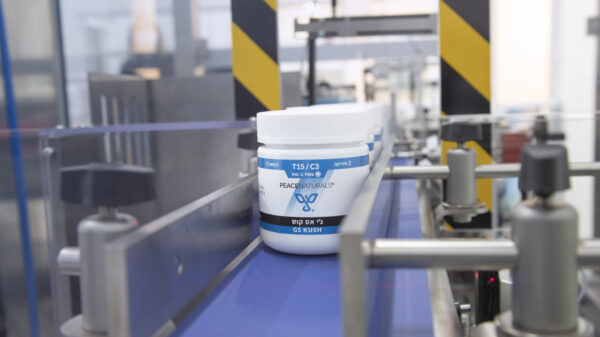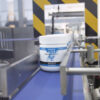One of the biggest problems that the cannabis industry is facing today is a lack of supply. Producers are looking to add capacity to help generate more sales down the road, but it takes both lots of time and money to do so. However, scientists could change the way producers grow marijuana, and that could create significant efficiencies for the industry.
Recently, at the University of California in Berkeley, scientists were able to create cannabis compounds without needing to use a plant to harvest them. Instead, the development of cannabis compounds took place in a lab, in a process that took years for research to figure out. If scalable, the process would open up significant doors, especially for pharmaceutical companies looking to get into the industry. By genetically engineering yeast using a process called synthetic biology, researchers have been able to produce a component in cannabis that’s key to both cannabidiol (CBD) and tetrahydrocannabinol (THC), which is an enzyme called CsPT4.
While the process worked in a small setting, the big test is whether it can be scaled to produce large amounts of cannabis. Whether it will be more efficient than the methods that are used by growers today will also be of key importance. The leading researcher of the Berkeley study, Jay Keasling, believes the new technology has the potential to generate tremendous cost savings for the industry as well as new opportunities:
There could be whole host of new products that could come from this
Companies to Watch for
One company for investors to keep an eye on is a synthetic-biology company called Ginkgo Bioworks, which partnered with cannabis company Cronos Group Inc (TSX:CRON)(NASDAQ:CRON) back in September of last year. Ginkgo has also been working on a way to help Cronos produce cultured CBD, which it believes is crucial given the competition in the industry.
Ginkgo Bioworks CEO Jason Kelly
Another company, GW Pharmaceuticals (NASDAQ:GWPH), which is the first company to have a CBD-approved drug in the U.S. market, Epidiolex, is likely going to be watching these developments closely. Growing CBD in a lab is going to be much more practical for pharmaceutical companies than it would be to find space to grow cannabis indoors or to have to acquire a cannabis company, especially if the costs are going to be lower.
Bottom Line
There is lots of potential for CBD for use in many different treatment options. Unlocking a way to produce cannabis more efficiently is going to be important in helping the medical marijuana segment grow. However, we are still in the very early stages of this, and it’s something that’s going to take a lot more time to find a process that works and that is scalable. Especially when it comes to treating patients, ensuring the quality of the cannabis produced is going to be paramount. That’s why it’s going to take some time to ensure that the process is optimal and producing the desired results.















Gretchen Telke
April 15, 2019 at 5:15 am
I fear laboratory marijuana will lead to illicit copycat laboratories.
Nothing like the real deal!